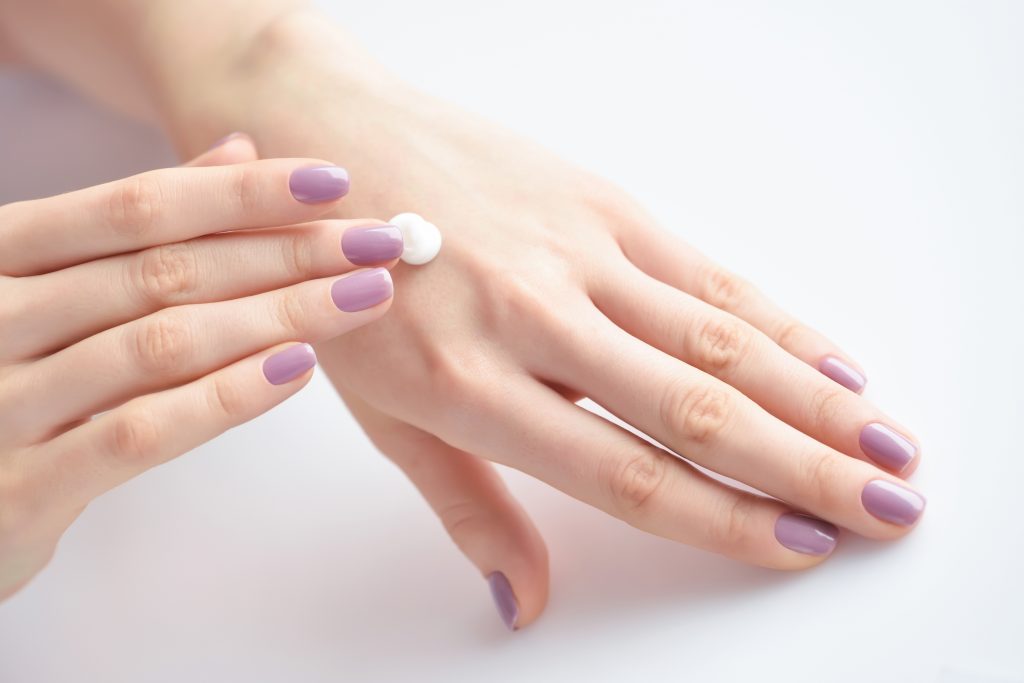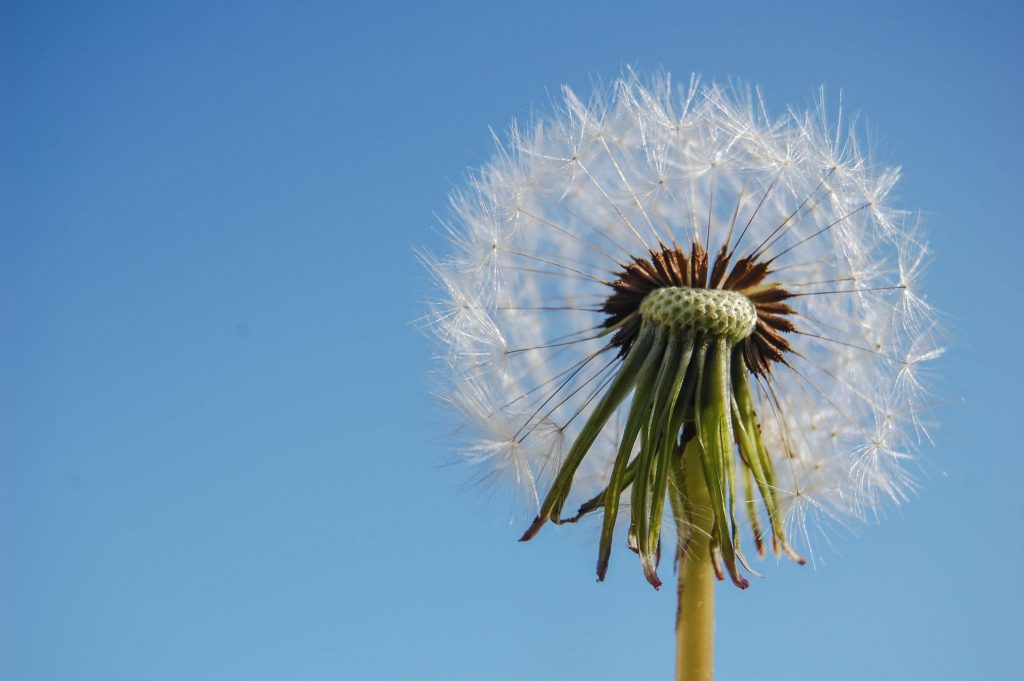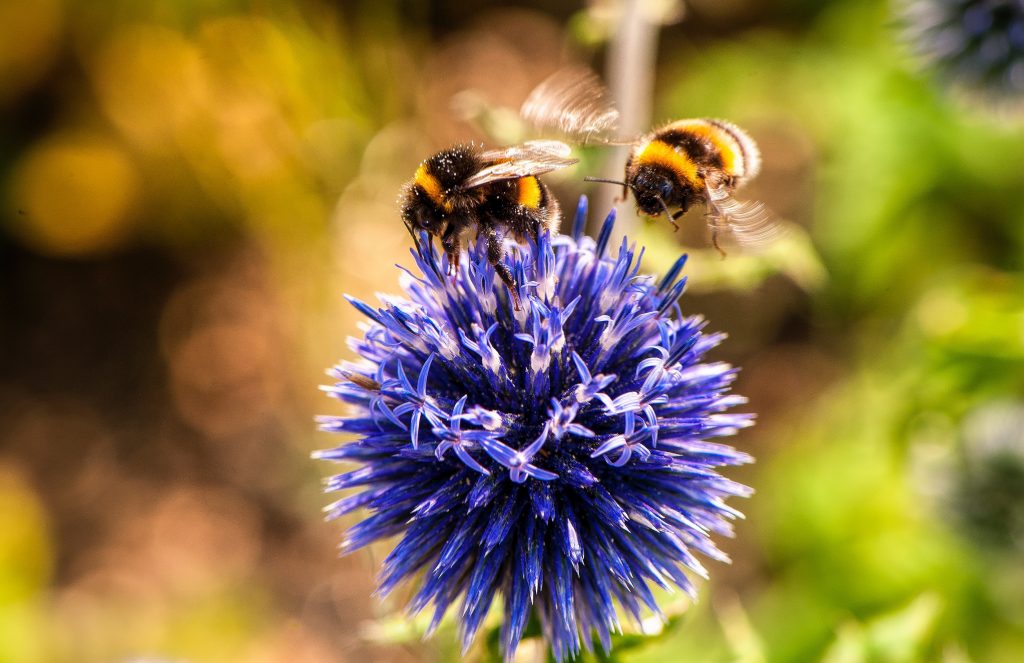The allergy season is here. If you are one of the many people who have seasonal allergies, you might have already been suffering the symptoms like sneezing and nasal congestion. These are bothersome and are an inconvenience to our daily lives.
There are many ways you can do to avoid triggering your pollen allergy. But when it becomes unbearable, there are ways to manage and treat your allergy.
How to reduce exposure to allergens
Allergy treatment starts with avoidance of its allergens, but of course, pollen can be very difficult to avoid.
Here are ways to minimize your exposure to the things that trigger your allergy:
- Monitor the daily pollen count.
- Stay indoors on dry and windy days, the pollen count is going to be really high on these days. The best time to spend time outdoors is after a good rain, where the pollen from the air gets cleared out.
- Change the clothes you’ve worn from going outside and take a shower to get rid of the pollen that is stuck to your skin and hair.
- Don’t hang your laundry outside so that the pollen won’t stick to them.
- Wear a dust or pollen mask when you have to do chores outside.
- Have others take care of any gardening chores during peak allergy season.
- Keep your doors and windows closed when the pollen counts are high.
- Distance yourself from pets that spend most of their time outdoors.
Keep Indoor Air Clean
There is no such thing as a miracle product that will free the air inside your house of all the harmful allergens, but there are some ways to at least minimize them and keep the indoor air clean.
- Use the air condition inside your home and vehicle.
- Keep the indoor air dry by using a dehumidifier.
- Clean your floors often with a vacuum cleaner that has HEPA (high-efficiency particulate air) filter.
Over-the-Counter Solutions
There are several over-the-counter medications you can buy to ease your allergy symptoms.
- Oral Antihistamines – these can help relieve sneezing, runny nose, itchy, and watery eyes.
- Decongestants – oral decongestants can provide relief from nasal congestions. Decongestants also come as a nasal spray. Use nasal decongestants only for a few days in a row because long-term use of this medication can worsen the symptoms.
Alternative Remedies
There are several natural remedies used to treat hay fever symptoms. This includes shrub butterbur and spirulina extracts, although the benefits and safety are unclear.
Always consult your doctor before trying alternative remedies.
See your doctor when home remedies aren’t enough
Taking over-the-counter medications may be enough for many people. But some other people’s allergies will still flare up despite it.
Call your doctor when your symptoms become worse and the medications you’ve used are causing side effects.
If you have terrible seasonal allergies, your doctor may recommend you to have skin tests to find out what your allergens are exactly. Skin tests can determine what you need to do to avoid your specific triggers and to identify which treatment will work best for you.
Taking allergy shots can also be a good option for some people. These allergy shots can help your body build up immunity and resistance to pollens.
For more information, visit our clinic for consultations. Visit olympiaallergy.com to schedule an appointment.






